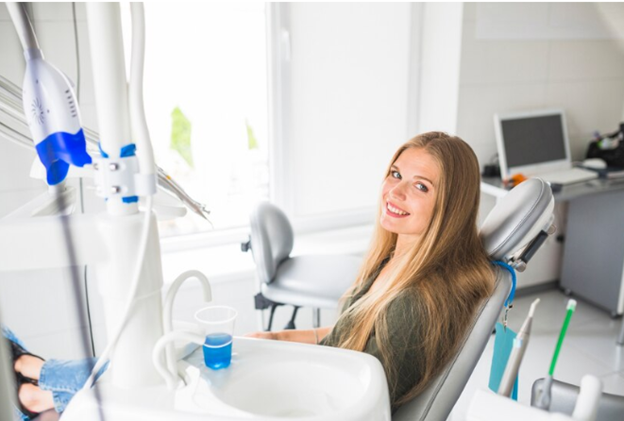Almost everyone faces problems in the work of the heart. And atrial fibrillation is one of the most common pathologies. Fortunately, today it is successfully diagnosed, and also has several options for normalizing the heart rate. Modern medicine offers such treatment for atrial fibrillation: drugs that slow down the heart rate (HR), drugs to restore the rhythm, prevent thrombosis, as well as surgical methods.
Atrial fibrillation symptoms
The symptoms of atrial fibrillation will differ in different patient categories the age of the patient, lifestyle, the form of the disorder, and the state of health matter.
Here is a very informative video in which the London heart clinic special Dr. Syed Ahsan explains what atrial fibrillation is and how to treat it.
However, there are still common symptoms of this cardiopathology.
Pulse instability: A person can independently understand that the heart beats with disturbances, but to confirm the diagnosis, a 12-lead ECG is required. The first signs of atrial fibrillation can be considered ischemic stroke or transient ischemic attack.
Muscle weakness: Muscle weakness very often accompanies various forms of arrhythmia. Its severity varies widely. First of all, the lower and upper limbs are affected. Sometimes it is difficult for the patient to dress on his own, wash the dishes, he may drop objects. More than half of people point to wadded feet and a deterioration in the sensitivity of the feet.
If any of your near and dear ones have been showing signs of atrial fibrillation, it is high time to get in touch with the London heart clinic.
Ways to Help You Control Symptoms of Atrial Fibrillation
Visit your doctor
It is important to visit your doctor often enough as you get older, especially if you have a family history of heart disease or other known risk factors.
Studies show that women are more susceptible to risk factors that contribute to heart disease and atrial fibrillation, and they also have a higher risk of death associated with such diseases.
Another reason to visit your doctor every year, studies show, is the fact that the procedures used to correct the heart rhythm work better if they are implemented soon after diagnosis.
Atrial fibrillation treatment usually begins with lifestyle changes and medication, but it may well be that other treatments are required. These procedures include ablation, which is minimally invasive and uses heat or cold to deliver it to the veins that cause atrial fibrillation.
Reduce your stress
Stress contributes to inflammation and atrial fibrillation, not to mention stimulating many other forms of chronic disease, including heart disease.
These stress hormones can disrupt the normal functioning of the immune system and heart function when present in abnormally large amounts.
There are several simple ways to reduce stress:
- Reducing caffeine intake
- To give up smoking
- Avoiding alcohol
- The practice of prayer
- Practice meditation
- Internet blogging
- Creative work (hobby)
- Family holiday
- Spending time with pets
Use anti-inflammatory supplements
Taking aspirin can sometimes help reduce inflammation that contributes to blood clotting. This is useful when you already have symptoms of cardiac arrhythmias, but it is still important to consult your doctor and discuss what other medications may be needed to reduce complications.
Certain dietary supplements can also help improve the body’s ability to detoxify, reduce inflammation, and heal itself.




